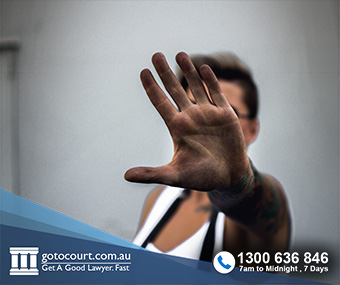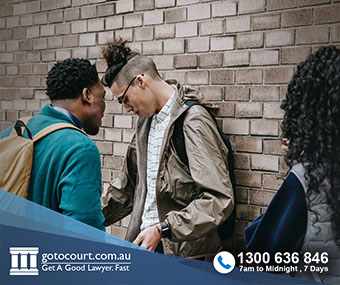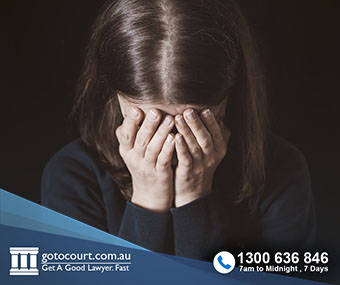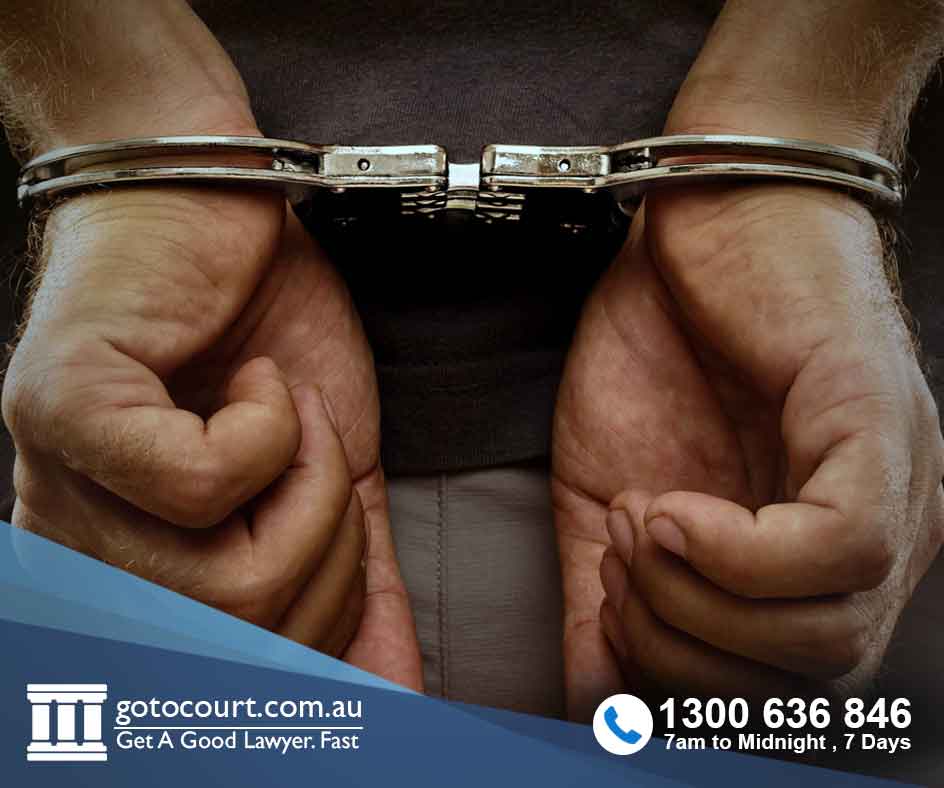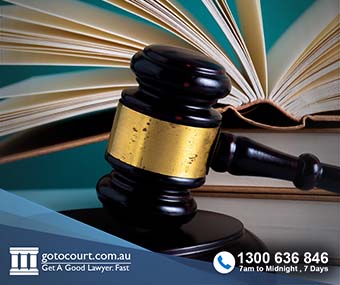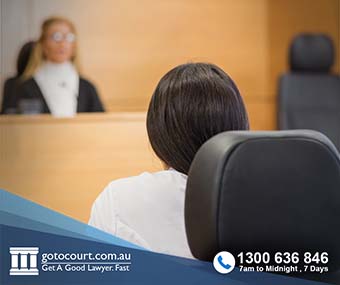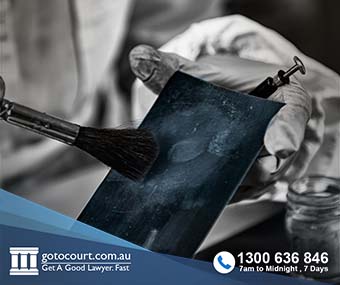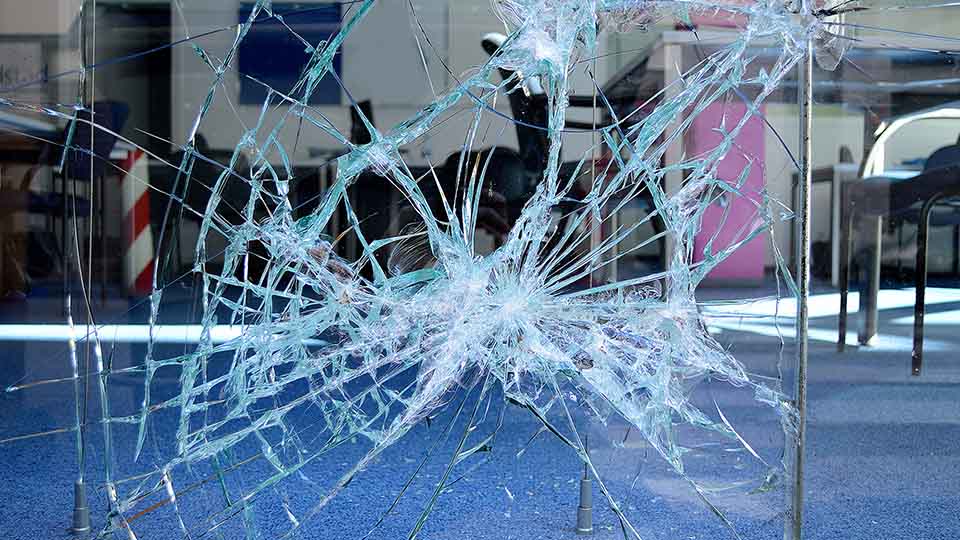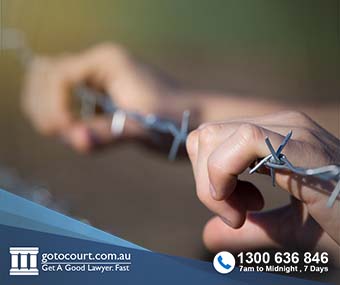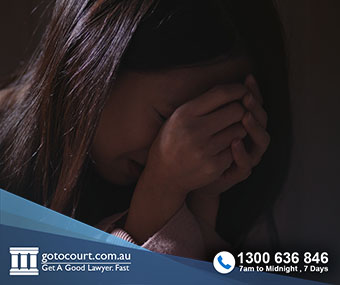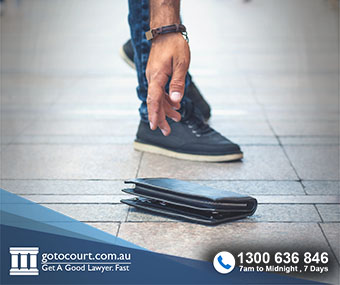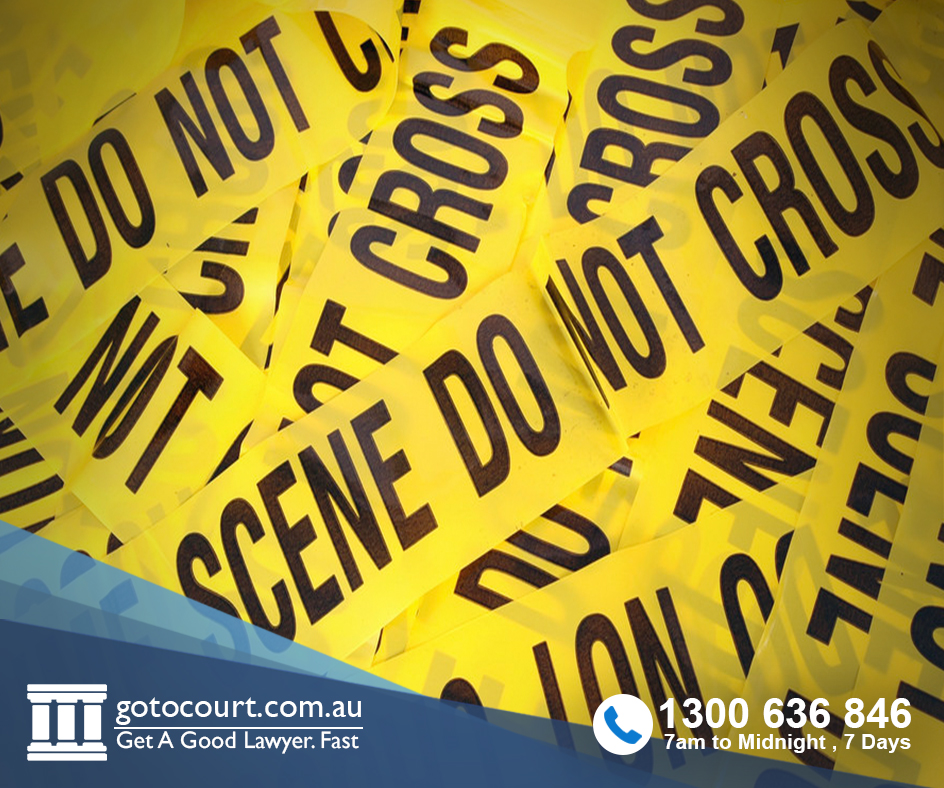Call our lawyers
now
or,
have our lawyers
call you
Murder and Manslaughter (Vic)
Updated on Dec 08, 2022 • 5 min read • 545 views • Copy Link
Murder and Manslaughter (Vic)
There are a number of crimes relating to unlawful killing under Victorian criminal law. These include murder, manslaughter, constructive murder, single punch manslaughter and voluntary manslaughter.
If a victim dies in Victoria, the matter may be tried in a Victorian court, regardless of whether the acts leading to death occurred in Victoria. Different degrees of blameworthiness attach to different offences involving the death of a victim.
Murder
The common law offence of murder is defined as the unlawful and intentional killing of another human being by a person of sound mind. Murder is punishable by a maximum penalty of life imprisonment.
To find a person guilty of murder, the prosecution must prove beyond a reasonable doubt that the accused had the intention to kill the victim, cause the victim grievous bodily harm or had reckless indifference to human life. The accused must have been able to foresee that his or her actions or omissions would result in the victim’s death.
Constructive murder
In Victoria, another murder offence exists, which is governed by Section 3A of the Crimes Act 1958 and is sometimes referred to as ‘Section 3A murder’. Section 3A murder is also known as constructive murder, or felony murder, and refers to a death caused in the course or furtherance of a serious crime, such as rape or aggravated robbery. If a person is killed during the commission of such an offence, this is regarded as murder regardless of whether the accused possessed a specific intent to kill the victim.
Reckless murder
Reckless murder is a fatal act in circumstances where the accused knew that death or really serious injury would probably result from his or her actions. It is not enough for the danger to have been apparent to a reasonable person or to the jury; it must have been obvious to the accused.
Really serious injury means bodily injury; psychological injury alone must not be considered really serious injury for the purposes of a murder conviction. What amounts to really serious injury is a matter for the jury.
Single punch manslaughter
Under Section 4A of the Crimes Act, a person can be found guilty of manslaughter after delivering a single punch to a person’s head or neck if that single punch causes the victim’s death. This is the case even if the victim dies from an impact other than the punch itself. For example, if person A punches person B and person B falls over and hits his head on the road and dies, person A is guilty of single punch manslaughter.
Voluntary manslaughter
Voluntary manslaughter is an intentional killing where mitigating factors are present. This may be where a fatal assault is committed in circumstances amounting to provocation, meaning that Voluntary Manslaughter, rather than murder, is the appropriate charge.
Involuntary manslaughter
Involuntary manslaughter is an unlawful killing without intent, such as in a car accident resulting from reckless driving or a death resulting from an illegal and dangerous act. For a court to find a person guilty of involuntary manslaughter, the prosecution must prove that the death was the result of an illegal act, omission an act of neglect, or a failure to take reasonable care.
Defences to murder
Self-defence
Self-defence can be a complete defence to murder (leading to an acquittal) or a partial defence (leading to a finding of guilt for manslaughter). If the accused carried out the act in self-defence, then the accused is not guilty of murder (Crimes Act, Section 418).
An accused can be found not guilty of murder on the basis of self-defence only if:
- The accused acted in self-defence;
- There was a reasonable possibility that the accused believed his or her actions were necessary to defend him/herself or another.
In considering whether the accused had a genuine belief that the act was necessary, all the accused’s characteristics and circumstances at the time of the offence will be taken into account. It must then be determined whether the accused’s actions were reasonable in the circumstances as s/he perceived them.
Where the accused believed the conduct was necessary in self-defence, but the infliction of death was not a reasonable response, the accused may be found not guilty of murder but guilty of manslaughter.
Provocation
Provocation was abolished as a defence to murder in Victoria in 2005. However, it can still be argued as a defence in murders alleged to have occurred prior to 2005.
Provocation requires a series of events to have occurred which caused the accused to lose self-control and act ‘in the heat of the moment’ rather than with malice aforethought. This was said to reduce the level of culpability of the act and could reduce a charge of murder to manslaughter. Although the defence of provocation no longer exists, Victoria now has the alternate charge of Voluntary Manslaughter, which can be laid in circumstances where a person was killed in response to provocation.
Other defences that may be run where a person is charged with murder or manslaughter include duress and automatism.
If you require legal help please contact Go To Court Lawyers.


Affordable Lawyers
Our Go To Court Lawyers will assist you in all areas of law. We specialise in providing legal advice urgently – at the time when you need it most. If you need a lawyer right now, today, we can help you – no matter where you are in Australia.How It Works








1. You speak directly to a lawyer
When you call the Go To Court Legal Hotline, you will be connected directly to a lawyer, every time.


2. Get your legal situation assessed
We determine the best way forward in your legal matter, free of charge. If you want to go ahead and book a face-to-face appointment, we will connect you with a specialist in your local area.


3. We arrange everything as needed
If you want to go ahead and book a fact-to-face appointment, we will connect you with a specialist in your local area no matter where you are and even at very short notice.

